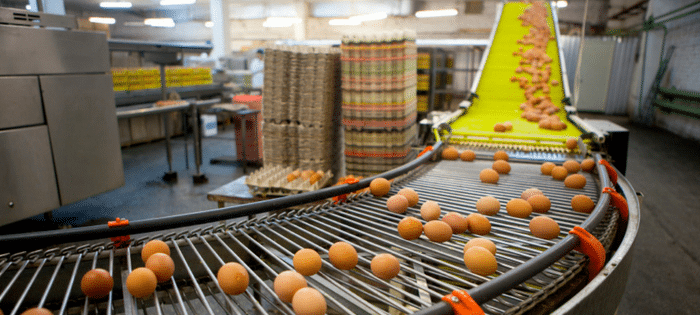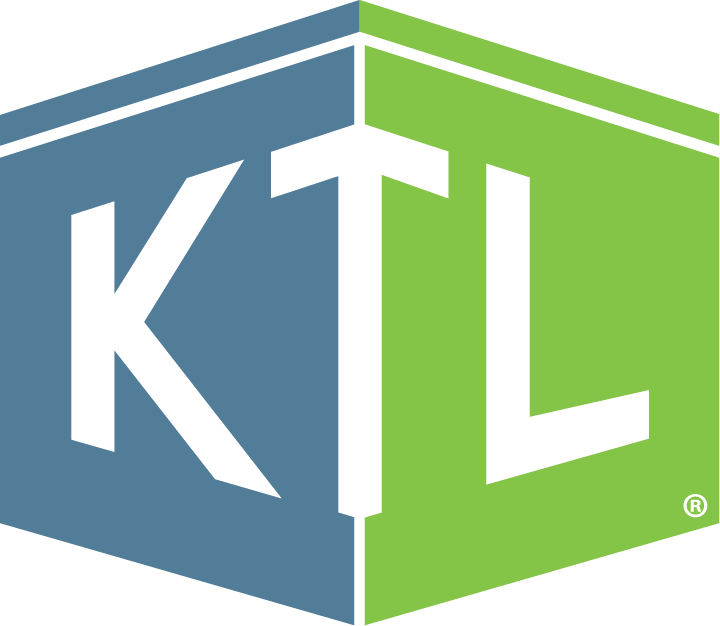
Food Safety
Comments: No Comments
This is the third in a series of articles on food product recalls.
One form of protection from the economic and reputational damages of a food recall event can be to transfer risk through an insurance policy that is specifically designed to respond to a recall event.
Are You Covered?
Business Owner’s Insurance Policy “BOP” provides most enterprises with two main forms of coverage: Commercial General Liability (CGL) and Business Property. Many food and beverage companies believe that basic CGL insurance coverage will provide protection in the event of a product recall. In reality, CGL policies typically contain an exclusion (Recall of Products, Work or Impaired Property) that precludes coverage for any claims associated with a product recall or withdrawal.
Because most CGL policies do not cover recall-related losses, separate Product Recall, Business Interruption, or similar types of insurance can provide protection to reduce the potential financial impacts of a recall event. Companies can purchase either first-party or third-party Product Recall policies, or both.
First-party policies provide coverage for the company’s own economic loss incurred due to a recall. These losses may include:
- Business interruption
- Lost profit
- Recall expenses
- Expenses to respond to adverse publicity and rebuild a brand’s image
- Consultant and adviser costs
Third-party coverage applies to economic loss incurred by third parties (e.g., distributors, wholesalers, customers) who may be impacted by a recall event. This could include broad coverage for numerous costs associated with the following:
- Removal of recalled product from stores
- Transportation and disposal of the product
- Notification to third parties of the recall
- Additional personnel/overtime
- Cleaning equipment
- Laboratory analysis
Business Interruption insurance is another coverage that may cover not only catastrophic losses, but also food recall events. If purchased, it is important to make sure that the Business Interruption coverage works hand-in-hand with Product Recall coverage.
What to Look for in a Policy
Product Recall insurance should be specifically tailored to meet the needs of the company. Here are some things that a company should ask when exploring Product Recall/Contamination insurance:
- Will the policy cover recalls where there is limited likelihood of bodily injury (e.g., class II or class III recall that is less severe)? What if a recall is requested (vs. ordered) by the FDA or USDA?
- Will the policy cover loss from an FDA administrative detention?
- What happens if the company experiences financial loss due to a recall and then the facts underlying the recall turn out to be incorrect? Are those losses still covered?
- Does the policy exclude coverage if the recall was due to a problem with a competitor’s product? What if the product breaches a warranty of fitness?
- Does the policy provide coverage for claims by third parties (e.g., customers)?
- Does the policy cover lost profits/revenue? What about logistics and repair costs (e.g., shipping and destruction, public relations, product replacement, and reputation/brand damage)? How is the loss calculated?
*****
Read:
